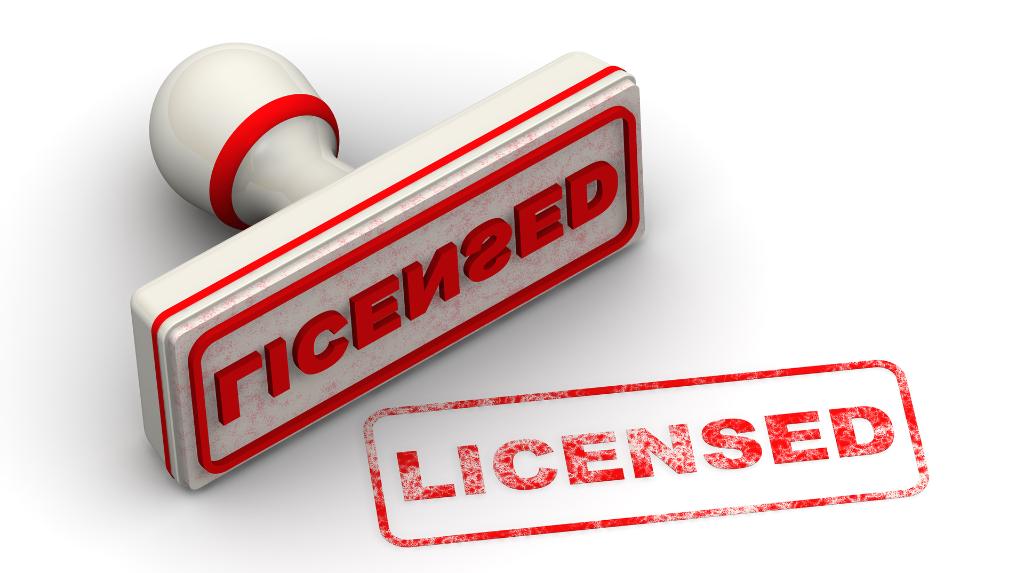The economy is now globalized and it has made international labor mobility essential for organizations in the UK looking to hire non-British and non-Irish nationals, securing a Skilled Worker Sponsor License is an important step. This guide will walk you through the process of getting this license.
Types of Sponsor Licenses
Before looking at the specifics of the Skilled Worker sponsor license, it’s important to understand the different types of sponsor licenses available to non-educational organizations. These include:
- Skilled Worker
- Intra Company Transfer
- Ministers of Religion (T2) / Temporary Worker – Religious (T5)
- Sportsperson Visa (T2)
- Temporary Worker – Creative and Sporting (T5)
- Temporary Worker – Charity (T5)
- Temporary Worker – Government Authorized Exchange (T5)
- Temporary Worker – International Agreement (T5)
- Temporary Worker – Seasonal (T5)
Some of them can be applied simultaneously using the same form and supporting documents, while others, such as those for sporting categories, need separate applications. This guide focuses primarily on the Skilled Worker sponsor license, which is central to the Points-Based Immigration System.
Getting Started
Eligibility Criteria
To start the process of obtaining a Skilled Worker sponsor license, you must first meet specific eligibility criteria. This involves proving that you are a legitimate employer with a legal trading presence in the UK, which can be demonstrated through company registration documents and financial records.
Suitability Criteria
This assesses your organization’s honesty, dependability, reliability, and capability to meet sponsor responsibilities. These responsibilities include maintaining proper HR and recruitment systems, being open to unannounced compliance visits, offering genuine job vacancies, and ensuring key personnel have a clean record.
Demonstrating a Genuine Vacancy
This means the role you intend to fill meets the skill and salary thresholds required by the Skilled Worker route. The Home Office will evaluate whether the position is genuinely needed within your organization. The need for physical presence at the workplace is also assessed, particularly due to the increase in remote work.
Documenting Your Eligibility
To prove you are eligible, you must submit specific documents as outlined in Appendix A. While you need at least four pieces of evidence, navigating Appendix A can be difficult. Commonly required documents include proof of employer’s liability insurance, VAT registration certificates, evidence of registration with HM Revenue and Customs, recent bank statements, and proof of business premises ownership or lease. The Home Office now accepts electronic copies of these documents, simplifying the application process.
Specific Evidence for Skilled Worker Visas
For Skilled Worker visas, you must provide documents that detail your organization, the intended role, and the reason for applying for a license. Although the Resident Labor Market Test is no longer required, it’s wise to include evidence of your recruitment process.
Identifying Key Personnel
You must nominate key personnel to manage the sponsor license process. These roles include:
- Authorizing Officer: Oversees the entire process and ensures compliance.
- Key Contact: The main liaison with the Home Office, often a legal representative.
- Level 1 User: Manages day-to-day tasks through the sponsorship management system.
Carefully vet these individuals, as their character and history with the Home Office can impact the application’s success.
Understanding Sponsorship Duties for Skilled Worker Sponsor License
Maintaining a Skilled Worker sponsor license involves several duties, such as reporting changes about sponsored workers through the sponsorship management system within ten working days of an event. You must also keep records, like employment contracts and salary details. While these duties may seem burdensome, they ensure compliance with immigration regulations. Reforms expected in 2022 aim to streamline these responsibilities.
Preparing for Compliance Visits for Skilled Worker Sponsor License
Compliance visits by the Home Office can occur during the application process, especially for high-risk applications or newly formed companies. These visits assess your HR systems and may include interviews with sponsored employees to verify genuine vacancies. Failing to meet sponsorship duties during a compliance visit can lead to the suspension or revocation of your license and can cause operational and reputation risks.
Submitting the Application for Skilled Worker Sponsor License
To apply, complete an online form specific to sponsor licensing. While the form can be cumbersome, it’s necessary. It covers license categories, key personnel information, and eligibility documents. You must submit the form, pay the fee (which varies based on your organization’s size), and send supporting evidence to the Home Office within five working days.
Waiting for a Decision for Skilled Worker Sponsor License
The processing time for decisions can take up to eight weeks but typically falls within four to six weeks. An expedited service is available for an additional fee, ensuring a decision within ten working days. If your application is approved, you receive an “A-rated license,” granting access to the sponsor management system for four years. If refused, you cannot appeal and must wait six months before reapplying.
The Future of Sponsorship
The current UK sponsorship system is seen as outdated and burdensome and planned reforms by the end of 2022 aim to streamline the process and update duties to reflect modern workplace practices, facilitating the labor market’s needs while maintaining compliance.
Securing a Skilled Worker sponsor license is vital for organizations looking to employ non-UK nationals. Understanding the eligibility and suitability criteria, sponsorship duties, and compliance requirements is essential for a successful application. With reforms on the horizon, the process may soon become more manageable, aligning with the evolving demands of the labor market.





